BRI: reviving Turkish business?
Experts at a recent conference on China’s Belt and Road Initiative, hosted in Istanbul, spoke of its many advantages to the region, but also on the challenges involved in attracting financing
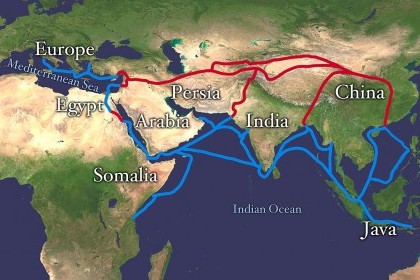 Courtesy: Wikipedia
Courtesy: Wikipedia
Experts at a recent conference on China’s Belt and Road Initiative, hosted in Istanbul, spoke of its many advantages to the region, but also on the challenges involved in attracting financing
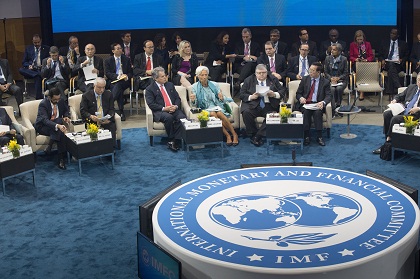 Courtesy: IMF/ Flickr
Courtesy: IMF/ Flickr
The IMF spring meetings on April 21-23 will take place amidst good news of the global economy moving into a better position. But the underlying fundamentals are still weak both in advanced countries and emerging markets, with the risks considerable. Economic policy makers must recognise and address the challenges with global consensus and multilateral actions
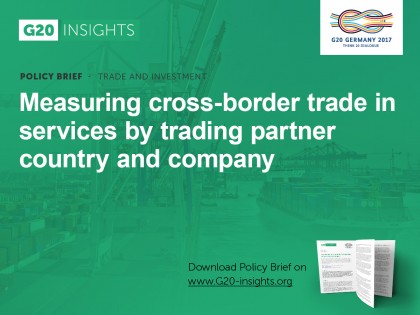 Courtesy: G20 Insights
Courtesy: G20 Insights
In a policy brief for the G20, Akshay Mathur and Purvaja Modak discuss the challenge of data classification when it comes to cross-border trade in services
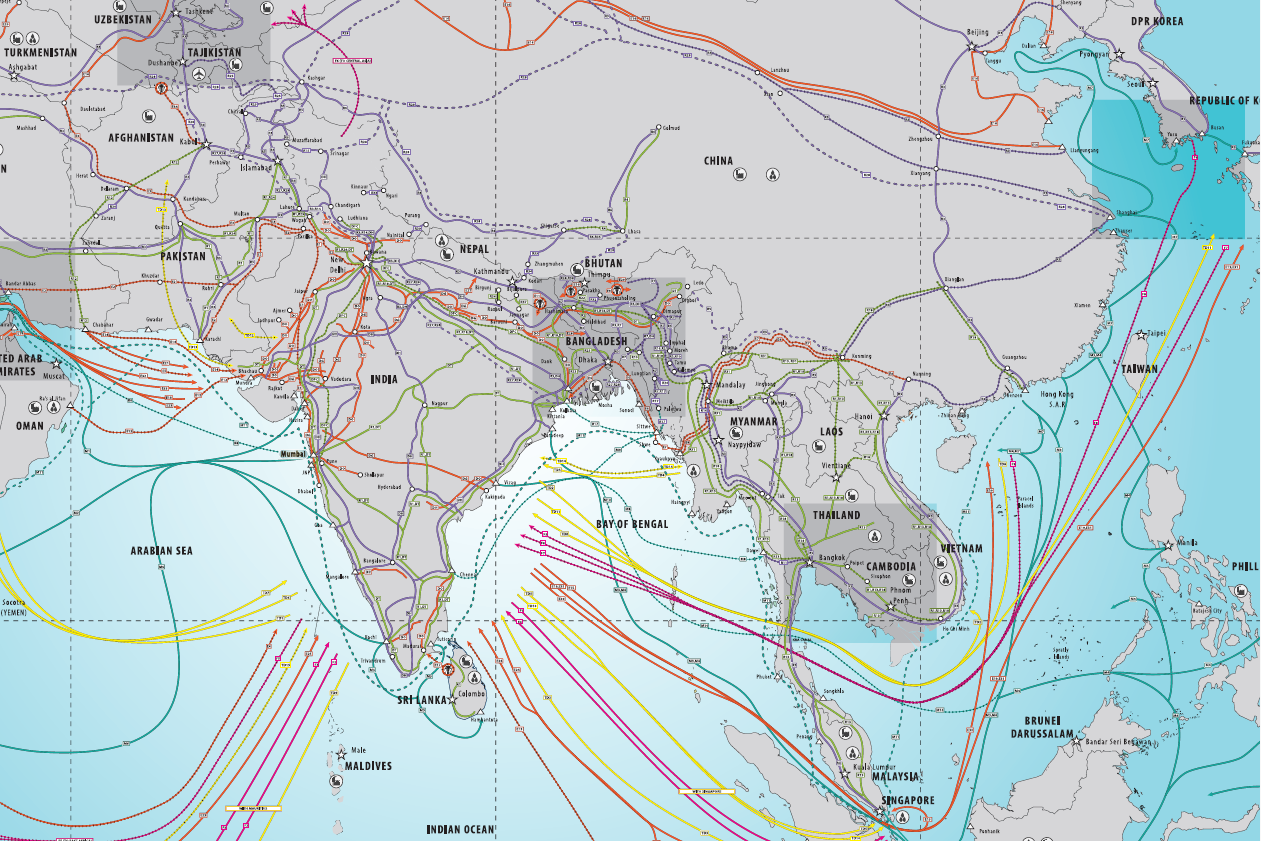 Courtesy: Gateway House
Courtesy: Gateway House
India’s global economic engagement, especially with the developing world, has increased in the last two decades, but trade with South Asia has remained low. It holds the potential for building greater productivity and more inclusive growth in India and the region
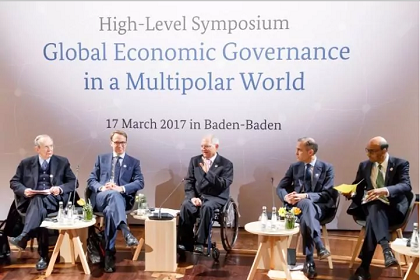 Courtesy: The Telegraph
Courtesy: The Telegraph
President Trump’s “America First” rhetoric has eroded support for the commitments that leaders made at previous G20 summits regarding trade: rejecting protectionism and strengthening the multilateral trading system. What implications does this have for global trade? Will the more moderate voices in the administration get heard?
 Courtesy: Northernminer
Courtesy: Northernminer
In the wake of trade-based globalisation followed by financial globalisation, a large volume of capital began moving from developing to advanced countries. This has resulted in relatively poor developing countries effectively becoming net creditors to the rest of the world. Reversing this massive outflow of capital requires governments to strengthen governance in all its dimensions and have closer international collaboration to tighten the regulatory oversight of tax havens for greater transparency
 Courtesy: India.com
Courtesy: India.com
Central banks play a critical role in forging the country’s international economic relations. Now, with the rule-based order being reset and new regimes getting established, they are better positioned to influence the playing field. It is, therefore, critical to strengthen the Reserve Bank of India so it can drive an agenda closer to the interests of emerging countries. This will also be a test of India’s future leadership capabilities
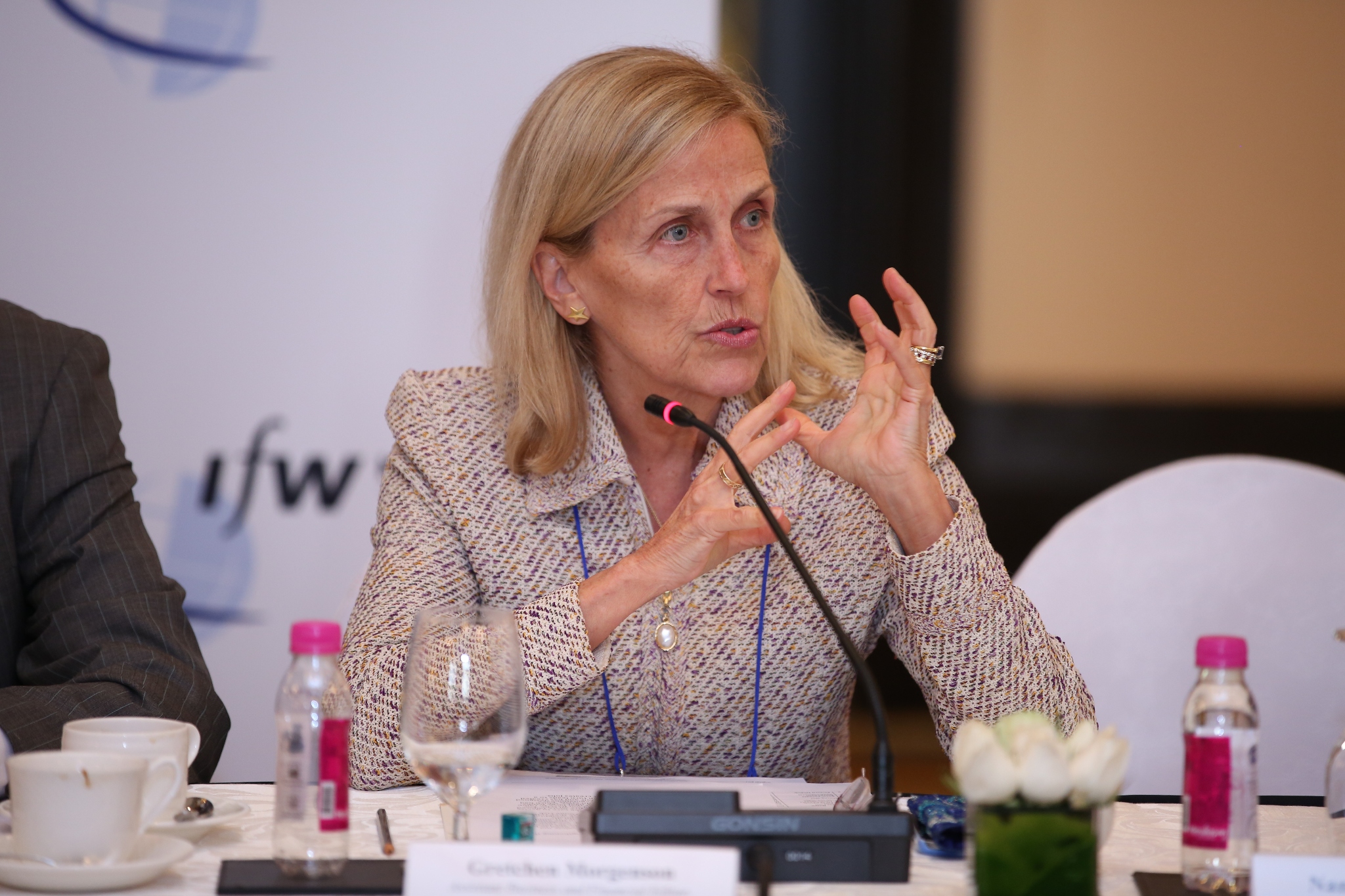 Courtesy: Gateway House
Courtesy: Gateway House
In Gretchen Morgenson's interview she discusses the implications on the American stock market of the repeal of the Dodd-Frank financial regulations and the possibility of a reduction in corporate taxes. She argues that although Trump has proposed several changes to financial regulations and the American tax regime, he may be unable to implement these measures. She then illustrates the impact of the lack of accountability of the government on the psyche of the American consumer, which would, by default, affect the economy. She emphasizes on the impact, that Trump being a real estate business man, will have on his negotiating methods, and in turn will have on investors.
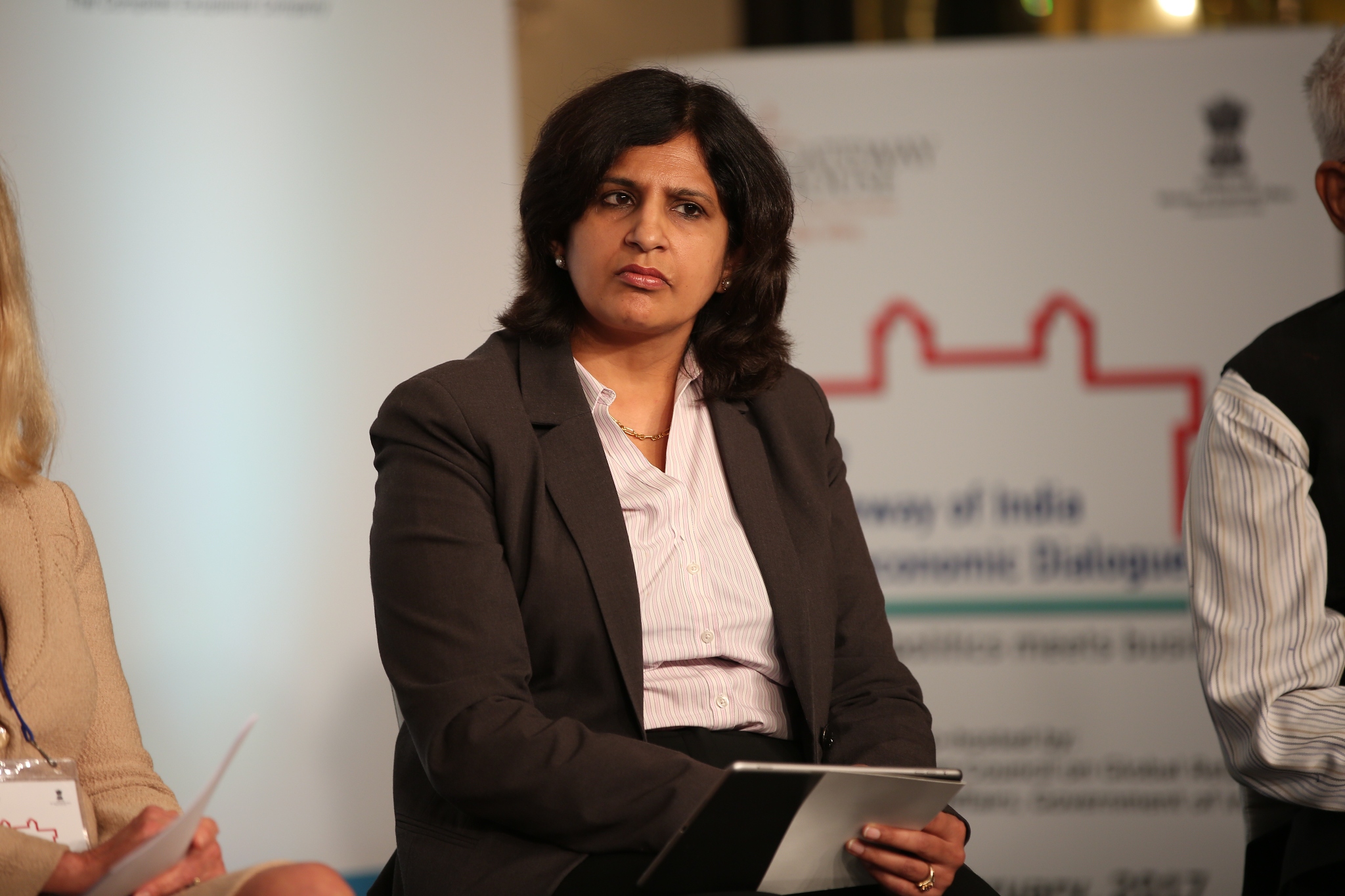 Courtesy: Gateway House
Courtesy: Gateway House
In Monica Bhatia's interview, she discusses the changes in the global financial sector in the wake of the Panama papers and the HSBC files, mainly the increase in transparency between banks and governments. She highlights her belief in the Automatic Global Tax Information Sharing Network in countering tax evasion and the success of the methods that governments have already undertaken to enable voluntary disclosures. Lastly, she illustrates the measures under the BEPS system on tax compliance.
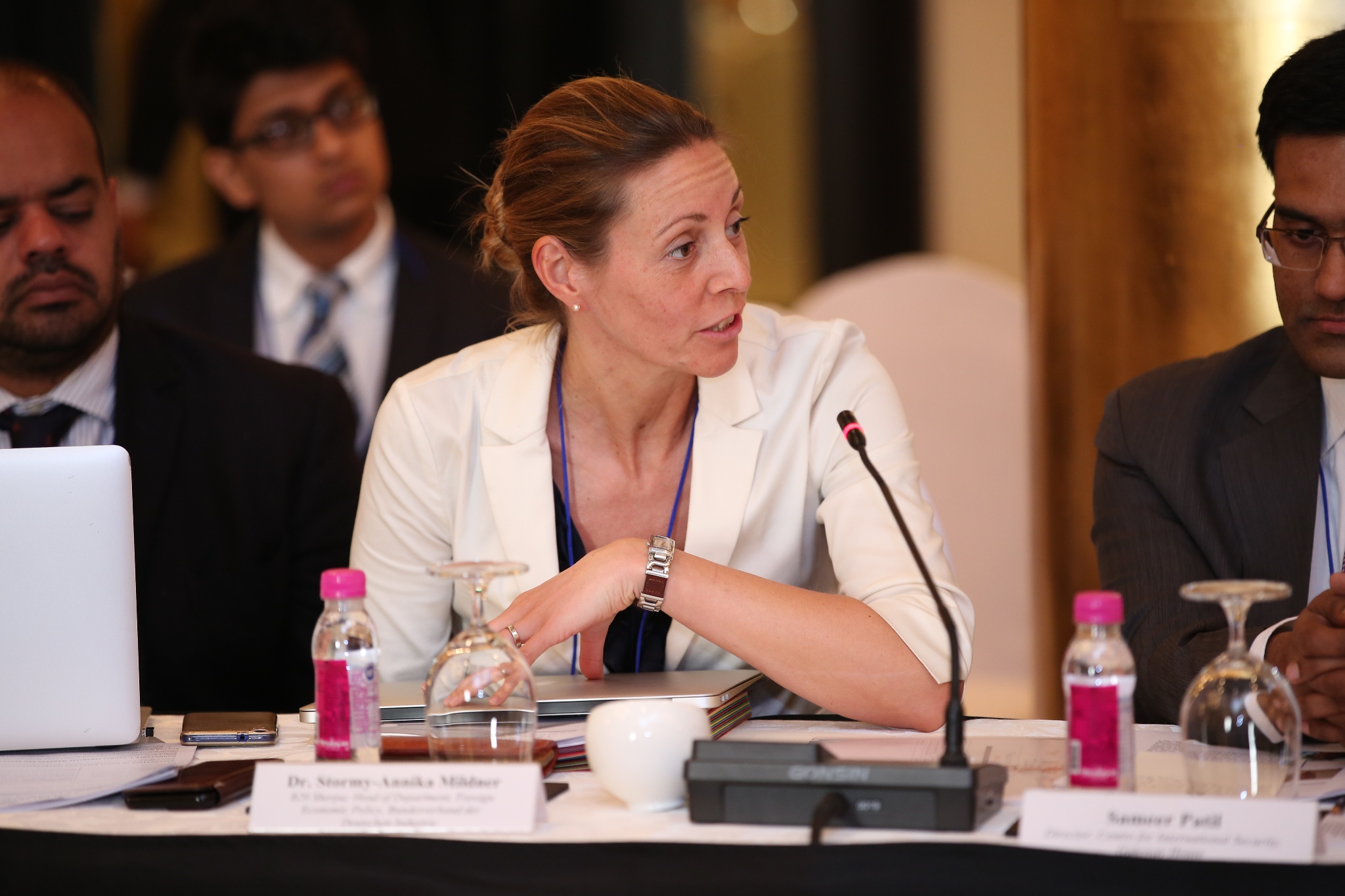 Courtesy: Gateway House
Courtesy: Gateway House
In Dr. Stormy Mildner's interview she highlights the high levels of benefits accrued to countries due to trade. She mentions methods that can further increase these advantages. Her perception of trade is that it involves not just the mobility of goods but also of services. She describes measures taken by the B20 such as the Business Mobility Card that will facilitate labour mobility. She ends with the founding principles, objectives and goals of the B20 and the legacy the German Presidency would like to leave behind when its term ends, namely, sustainability, inclusiveness and a future oriented approach to growth.